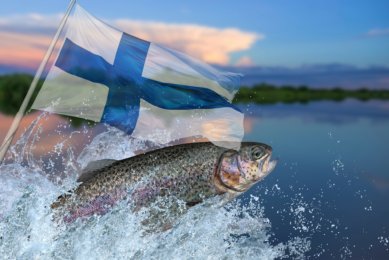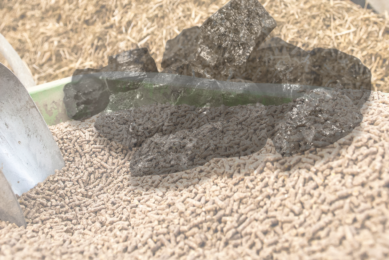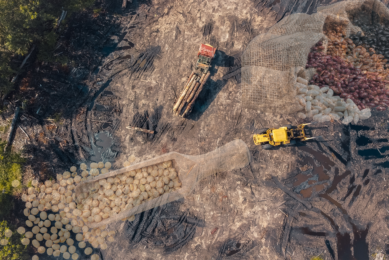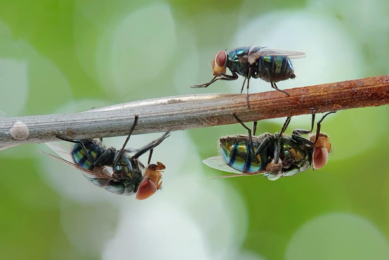Russia is on a fast track to a new pea industry
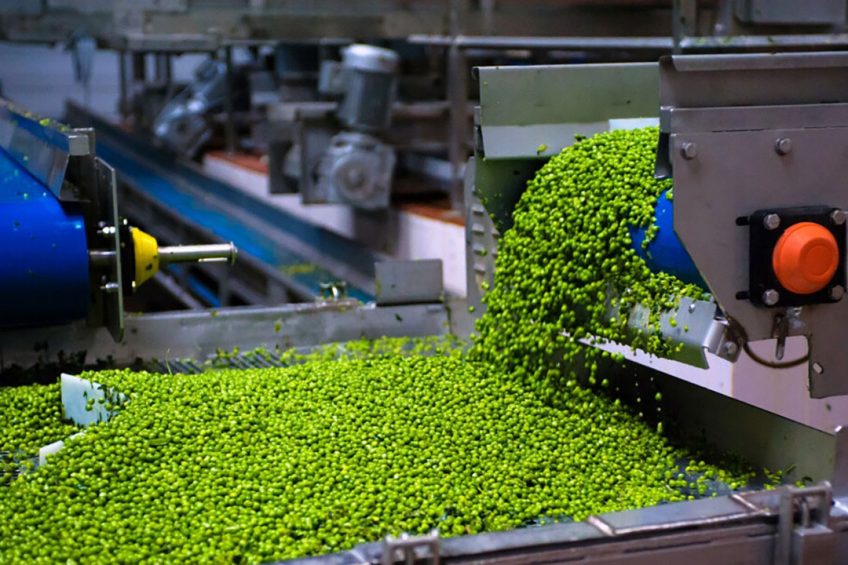
Pea processing has attracted record-breaking investments in Russia, promising to deliver a broad range of new high-value raw materials to the feed industry.
Russia’s pea production market
Russia has the world’s 2nd-largest pea industry after Canada, with production volumes still growing. In 2020, pea production climbed to 2.74 million tonnes, compared to 2.37 million tonnes in 2019 and 2.3 million tonnes in 2018, the Russian state statistical service Rosstat estimated.
Pea protein is an interesting and new product for Russia…
Future expansion plans for pea processing
Russia exports nearly 1 million tonnes of peas per year, while the rest is used by the Russian food industry. Several Russian companies have recently laid out plans to begin high-level pea processing in Russia in the next few years. Moscow-based company Pineco expects to begin building a pea processing plant in the next 2 months, the state development corporation of Orel Oblast said in a statement on July 18. The investment cost is 24 billion roubles (US$ 350 million). The plant will handle 260,000 tonnes of raw peas per year, delivering pea protein, isolate, pectin, maltodextrin, bioethanol, and feedstuffs.
Is there enough demand on the domestic pea market?
Oleg Radin, president of the Russian advanced grain processing companies, commented that the declared production volumes were quite large for the Russian market, especially since for some products, such as maltodextrin, demand in the domestic market is almost fully met. “Pea protein is an interesting and new product for Russia, but there are already 2 small companies on the market, and they [Pineco] will have to compete with them,” Radin said, adding that one way or another, the company would need to export some product to other countries.
Pea products for the feed industry
Currently, Russia mainly imports the products of pea processing, including those that meet the needs of the domestic feed industry. For instance, pectin is imported mainly from Germany and France. Plans to launch pea processing have also been rolled out by the Russian chemical giant Uralchem. This company has recently invested 300 million roubles in building a pilot unit for advanced yellow pea processing, said Azan Gafa rov, general director of Uralchem Innovation. It will produce 200 kg per hour of protein isolate from pea meal at the territory of the Skolkovo Innovation Center – a Russian analogue of Silicone Valley.
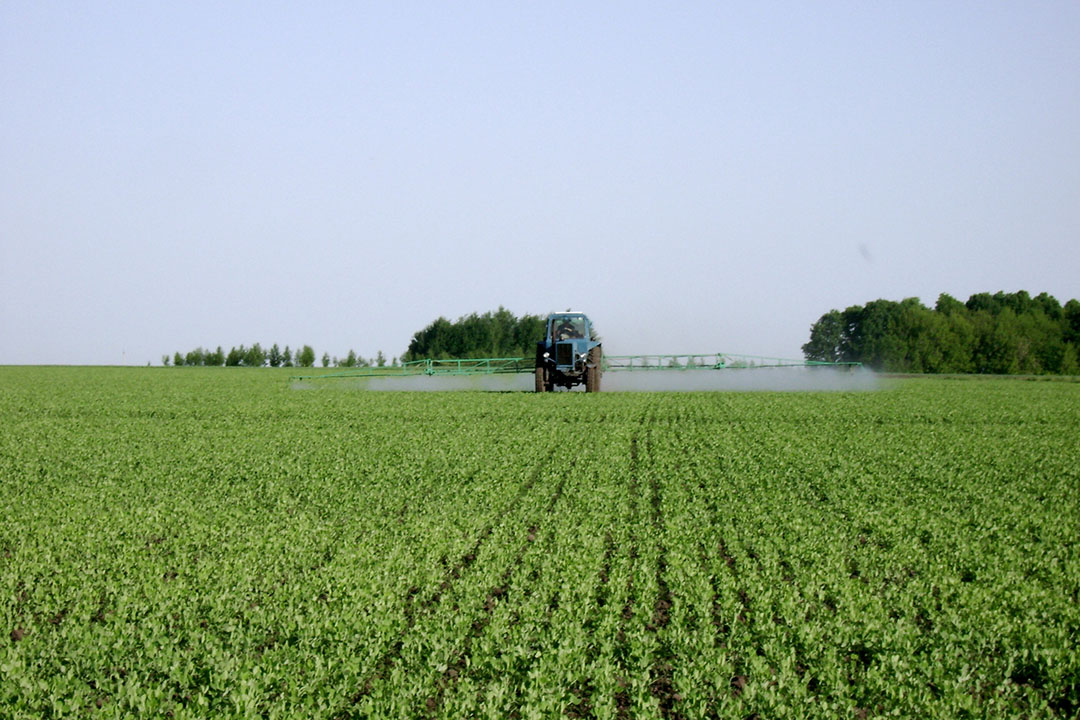
Yellow peas – promising crop
“Yellow peas are one of the most promising crops in the world for obtaining vegetable raw materials,” said Kirill Kayem, senior vice president for Innovation at Skolkovo. “By processing it, you get pea starch and fibre. These products are widely used for the production of sports and dietary nutrition,” he added. Peas have several advantages compared to soy or wheat isolate – high-quality protein with an almost complete set of amino acids and hypoallergenicity. Pea isolate is becoming more popular worldwide. In 2019, Cargill invested US$ 75 million in North American pea protein producer, Puris – one of the main suppliers of vegetable meat substitute producer Beyond Meat. This investment was expected to double the production of proprietary pea proteins, starches, and fibres.
Plant-based meat substitutes market in Russia
While in the US advanced pea processing companies are primarily focused on the food industry, in Russia, pea products are likely to be mainly used in animal feed since local customers are still reluctant to consume vegetarian or vegan meat substitutes.
The market share of plant-based meat substitutes is not expected to grow in Russia in the next decade, said Rustam Khafizov, a leading analyst of Russia’s biggest meat producer Cherkizovo. The main issue with plant-based poultry meat substitutes is their nutritional value, as, alongside plant products, they contain various food additives, imitating the taste of meat, Khafizov stresses, adding that this could discourage consumers. Sergey Lakhtyukhov, director general of the Russian Union of Poultry Producers, said plant-based poultry meat substitutes are a hype and will capture only a tiny niche of the global poultry market.
Potential within the feed sector
So far, pea products are not widely used in the Russian feed industry, mainly because imported feedstuffs are rather expensive. “These days in Russia, you can buy only imported pea isolate, but the price is relatively high. A year ago, it cost about 400 roubles (US$ 5.5) per kilogramme, compared to 200 roubles (US$ 2.8) per kilogramme for soybean isolate,” said Alexey Kiselev, director of the Russian vegan meat substitute producer Welldone, adding that better availability of pea products would make them more popular in Russia for various categories of consumers.
Pea processing industry expected to double
“The pea processing industry worldwide is set to double in the next few years,” Sergey Suichev, Russian pea industry expert, said, adding that most of these projects target the food industry. “They employ expensive technologies, which would be hard to pay for by selling products to feed producers.”
Technology that could open the market
Pea processing could effectively produce feedstuffs if dry technologies are applied as, when using aspiration, pea meal is separated into 2 fractions: protein and starch, Suichev said. “Of course, we are not talking about pure separation, as the protein content is 55% to 60%, but this protein is cheaper and could be used by feed producers.” According to Suichev, 2 companies in Russia are already processing peas using the dry method, selling some products to feed companies. The main problem, however, is what to do with the starch. One of these companies has developed a technology for secondary starch processing, obtaining a product that is approved to feed ruminants. “This approach is promising, and I believe that 2 pea processing plants are clearly not enough to meet the entire demand on the Russian market,” Suichev said. A similar opinion is expressed by Sergey Mikhnyuk, the head of the National Feed Union. “We are aware of these 2 start-up projects and believe that 2 pea processing plants are not enough to meet the entire demand on the market of the Eurasian Union,” Mikhnyuk said.
Nothing is guaranteed
However, there is a lot of scepticism when it comes to the advanced processing of grain and legumes since not all projects in this field eventually come to fruition. In July 2020, Lipetsk-based company Avrora announced plans to invest 4 billion roubles (US$ 50 million) to build a pea processing plant to produce pea isolate, among other things. The designed production capacity was set at 50,000 tonnes of protein per year, but there have been no reports of any significant progress during the past year.




